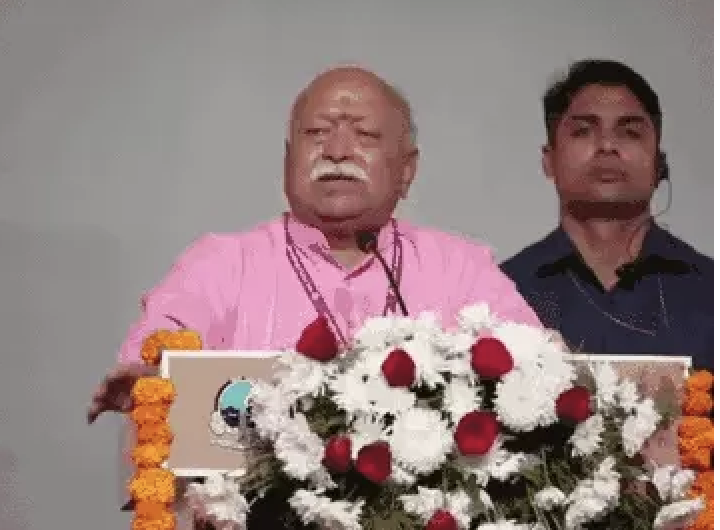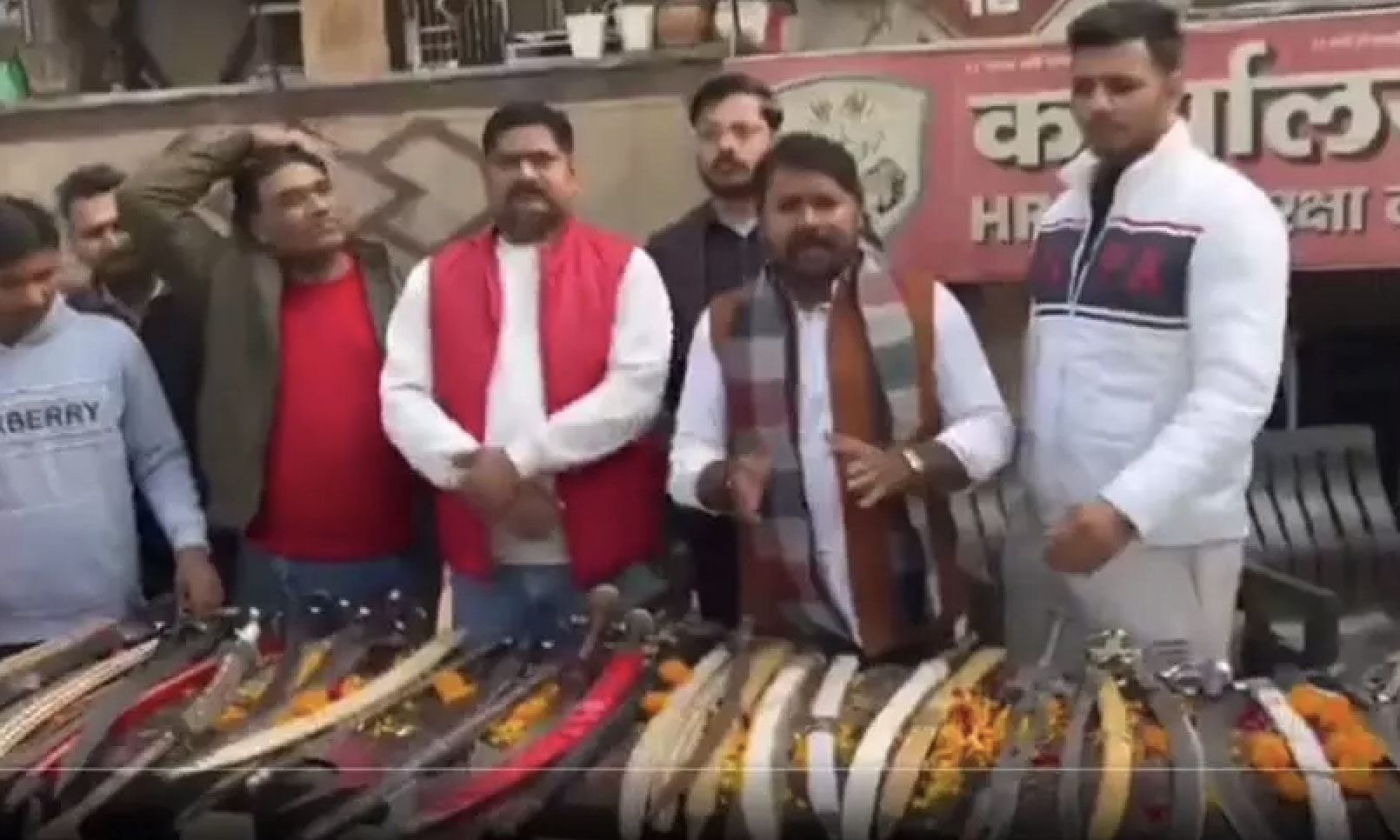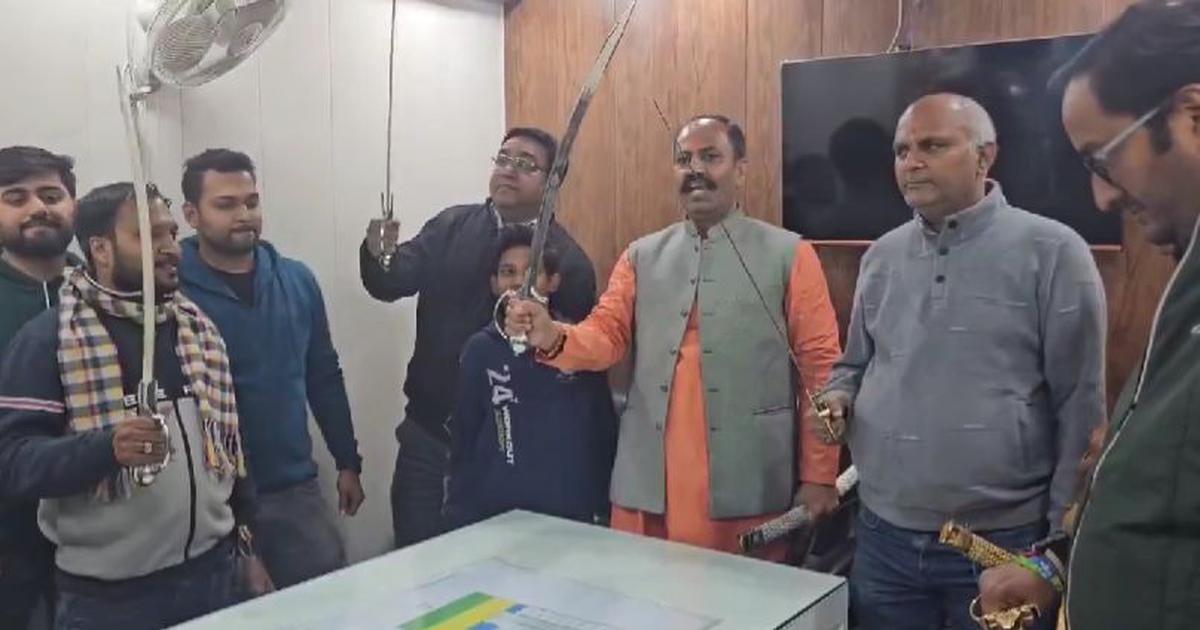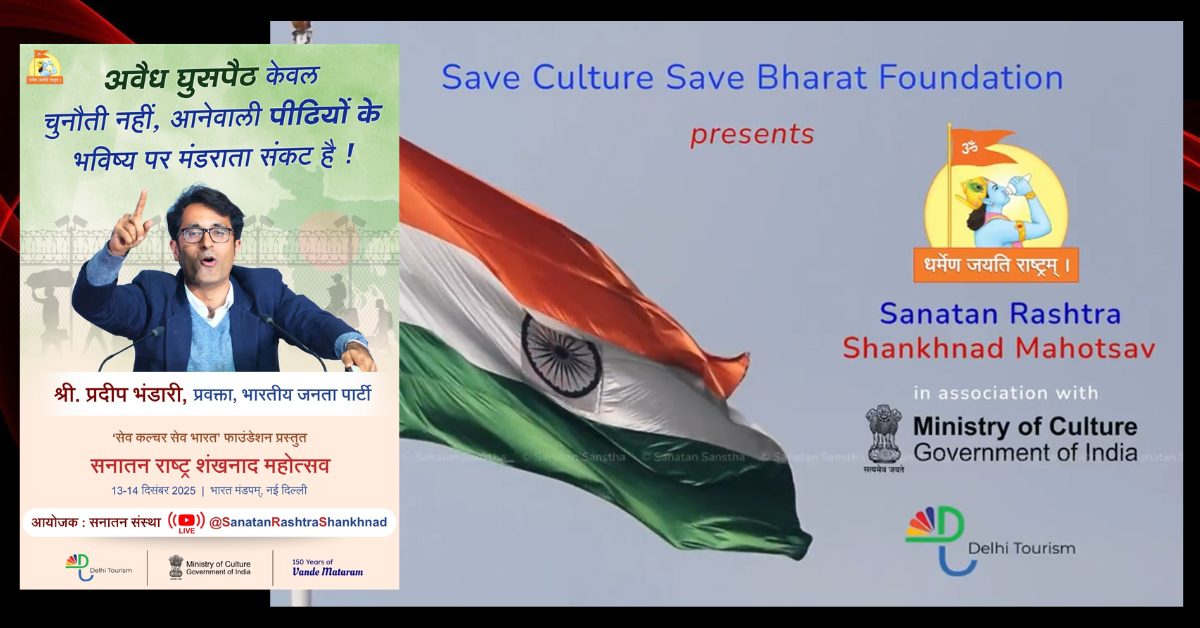By Harsh Mander
When in 1980, I first walked through the gates of the Lal Bahadur Shastri National Academy of Administration in Mussoorie, the director who led our initiation into public service was a man of towering moral stature, the legendary PS Appu. My batch-mates in the Indian Administrative Services and I were fortunate that in our months under his tutelage, we were inspired by Nehruvian ideals of secular democracy and Ambedkarite principles of constitutional morality. I have no memory in all of those months of any public display, either among the faculty or my own comrades, of communal or caste prejudice. Those were still times in the journey of the Indian republic when any of this was unthinkable.
It was already a very different India when I returned to Mussoorie 13 years later in 1993, now as a member of the faculty in the National Academy. We learnt there that a year earlier, after the demolition of the Babri Masjid, the topper of the earlier batch – an alumni of the Indian Institute of Technology – had organised a massive celebration in the campus of the academy. I was harrowed imagining this officer heading a district in Uttar Pradesh that is charred by a communal conflagration. It was clear to me that our work with our officer trainees was cut out for us.
Fortunately, our director again was a person who combined scholarship with exceptional moral fibre, NC Saxena. With him, and a sterling set of colleagues in the faculty, we strived hard to confront and hopefully dismantle the communal and caste prejudices that by now were not uncommon among the officer trainees. I like to believe that we had a measure of success. Many years have passed since then, and our trainees now hold senior official positions. As a teacher is wont to doing with his students, even in my self-chosen exile from the civil services, I still watch out for them from a distance. And I am encouraged as I see many of them uphold constitutional values.
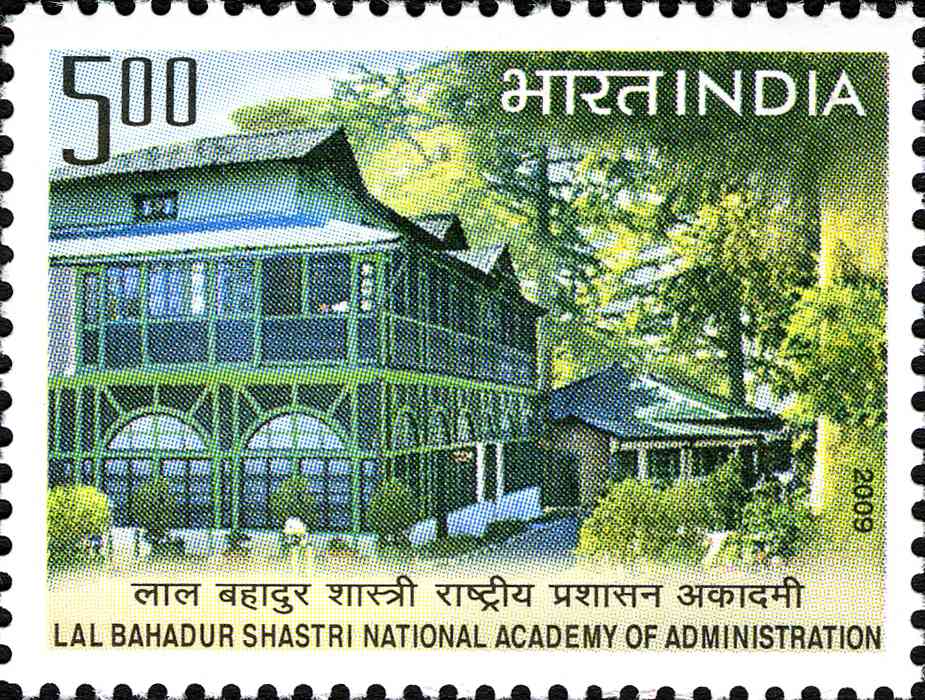
During my years in the faculty in the Lal Bahadur Shastri National Academy of Administration in Mussoorie, my first lectures to each successive batch would underline that they were servants first of the Constitution; second, they were servants of the most vulnerable and oppressed persons in the area that they served; and only after this were they servants of the elected government under which they served.
I never tired of saying to them that it was the exercise of conscience and not obedience that was their paramount moral duty. If constitutional pledges or the rights of the most disadvantaged citizen were imperilled by the orders of the elected government, it was their duty to resist, even disobey such unconstitutional orders.
This story was originally published in scroll.in. Read the full story here.



